Since early 2020, the COVID-19 pandemic has revealed the crucial role of research in addressing world problems. IU's pandemic research response has been comprehensive, ranging from studying the biology of the virus to the negative affects on caregivers to economic impacts, and much more.
An all-embracing pandemic response
A sampling of IU's broad-ranging research related to COVID-19
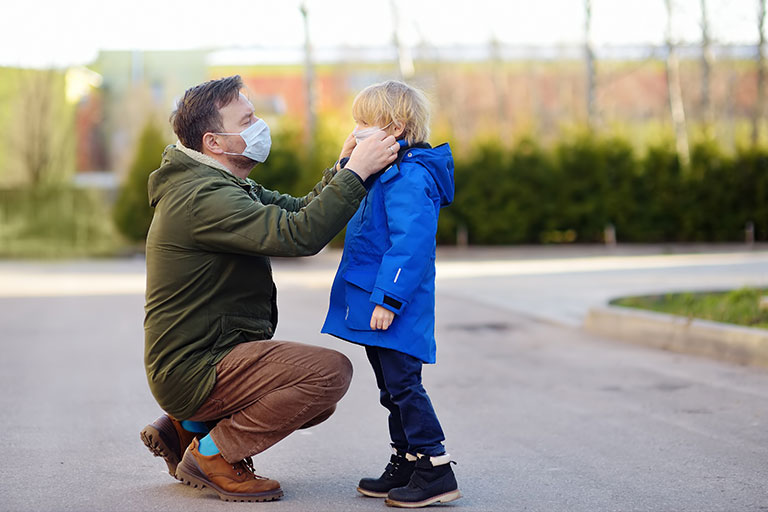
Pandemic parenting
IU social scientist Jessica Calarco has tracked the pandemic’s impact on parenting and family life, including how U.S. parents make choices about vaccination for their children. Her research points to why mothers, particularly, hesitate and what measures may change their minds.
Learn about pandemic parenting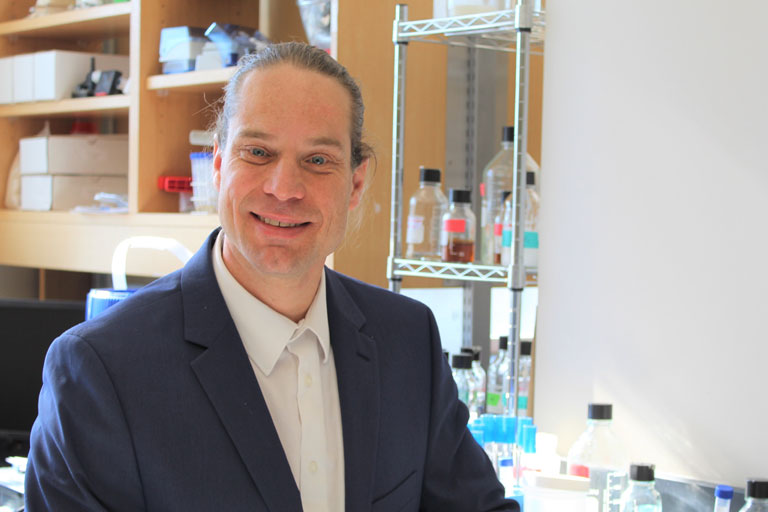
Innovative COVID-19 treatments
IU researchers remain aggressive in their search for new ways to fight the coronavirus. As part of a consortium, an IU team led by Jesper Pallesen is studying DNA-encoded monoclonal antibodies as a more specific and easy-to-manufacture way to combat SARS-CoV-2.
Learn about next-generation vaccine technologies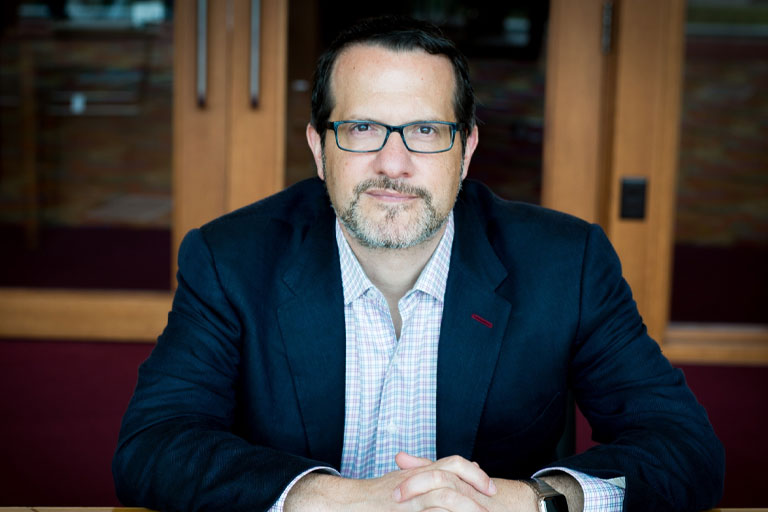
A trusted voice
Throughout the pandemic, IU Chief Health Officer, Distinguished Professor of Pediatrics, and New York Times columnist, Aaron Carroll has been a critical source of information for the university community and well beyond regarding all facets of pandemic life.
Learn about COVID-19 and health care in the U.S.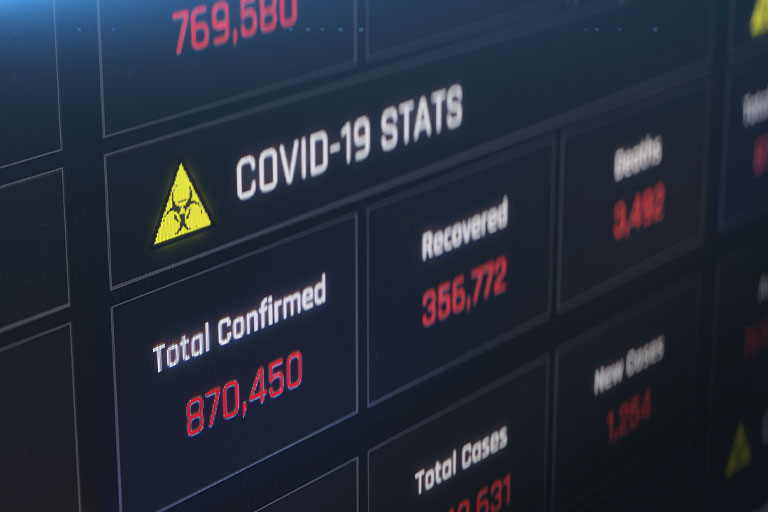
Vaccination’s impact
A study by IU and RAND Corp. researchers found that 139,393 deaths were prevented during the first five months of U.S. vaccination efforts, bringing into focus the early impact of the nation's coronavirus vaccine.
Learn about the impact of vaccinations
Origami's art yields masks for all
In 2020, IU artist and designer Jiangmei Wu started folding DIY origami face masks using vacuum filters and staples. When masks were not readily available, her design was utilized by some entire towns. Now her novel design for an elegant, adjustable, and reusable mask will soon be a sustainable alternative available to anyone.
Learn about origami mask design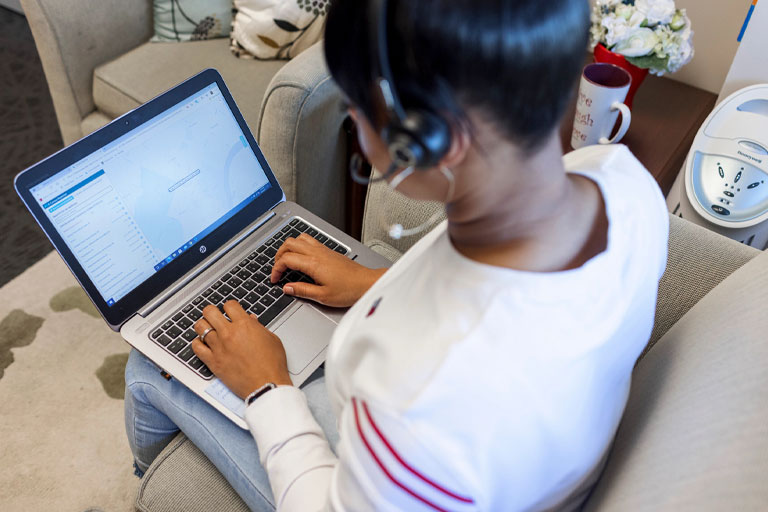
Learning by doing
The Indiana 211 number, which helps residents find needed resources, has been a lifeline during the pandemic for thousands of Hoosiers. As 211 calls surged, IU School of Social Work students across the state stepped up to answer, gaining hands-on field experience.
Learn about how IU social work students answered the call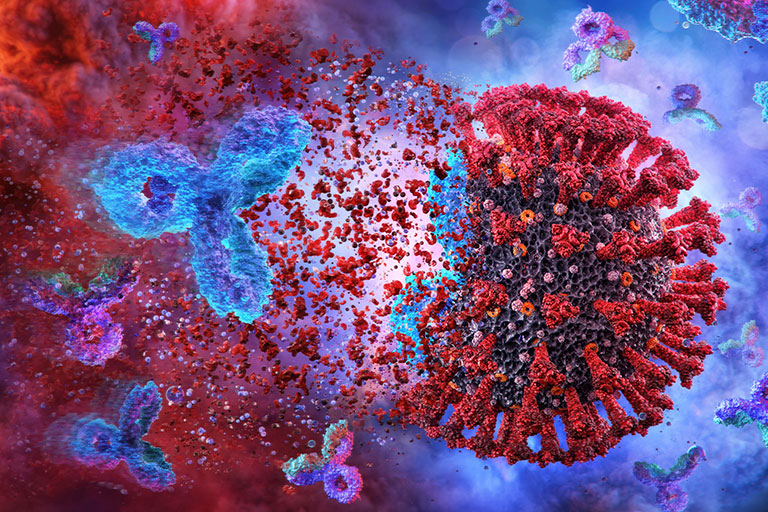
Facilitating antiviral therapies
Antiviral therapies are an important tool in the ongoing COVID-19 outbreak. IU public health scientist Keisuke Ejima is working to improve the accuracy and effectiveness of antiviral treatments through a co-led study of how the SARS-CoV-2 virus develops in a host.
Learn about developing antivirals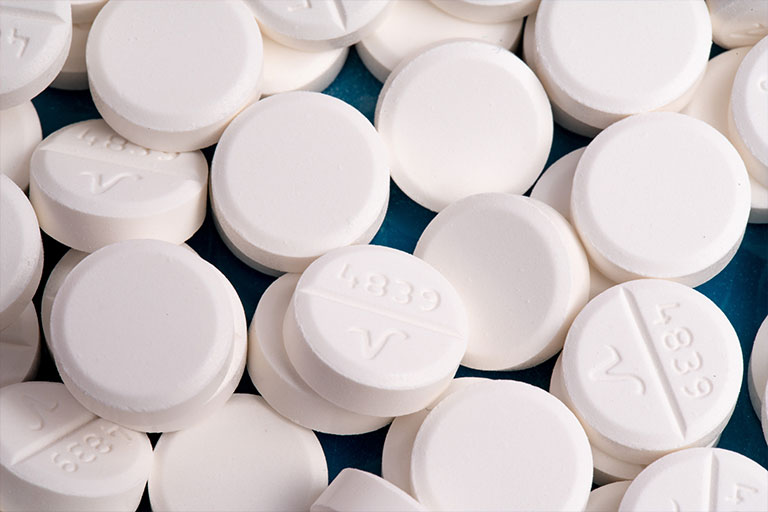
Recovery during a pandemic
The road to recovery from substance use disorder has been made especially difficult by COVID-19 restrictions. Identifying challenges and silver linings, IU psychologist Melissa Cyders and partners explored long-term recovery admid the pandemic.
Learn about COVID-19 and substance use disorder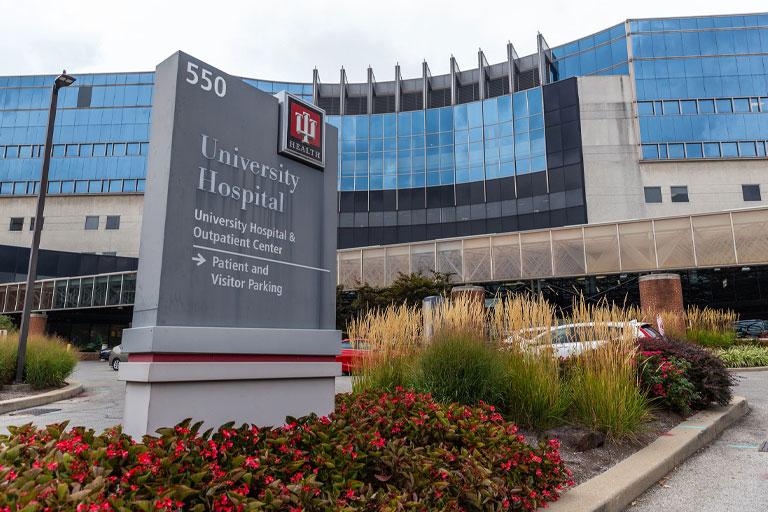
Tracking economic impacts
To provide important information for protecting hospital capacity, IU economists investigated and shared data with local leaders on links between state reopenings and COVID-19–related hospitalizations and deaths.
Learn about COVID-19’s economic impact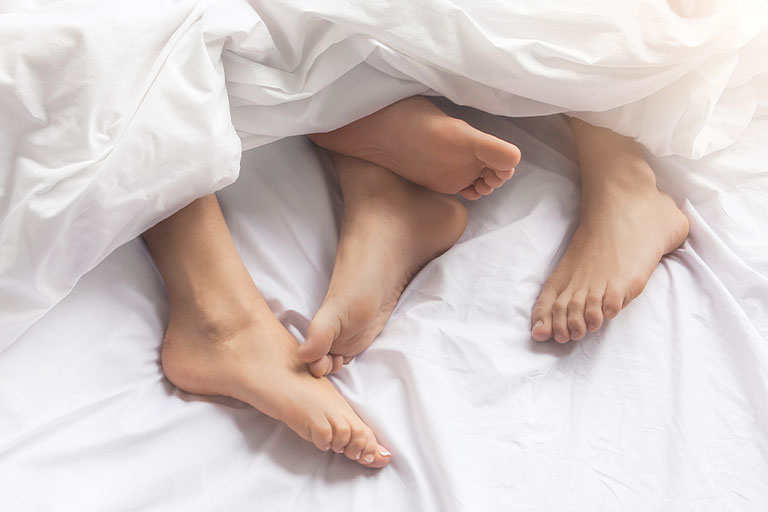
Post-pandemic sex
After more than a year of distancing, how has the pandemic affected our relationships? IU’s Kinsey Institute partnered with Cosmopolitan and Esquire magazines to investigate how Americans are coping with the pandemic in their sex lives and what they think post-pandemic sex will look like.
Learn about sex in the time of COVID-19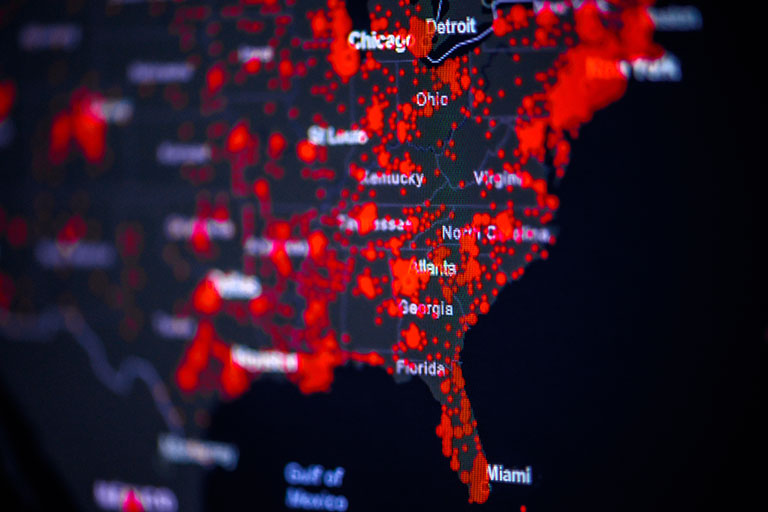
Digging in to state COVID-19 responses
Want to know how a certain city or state addressed COVID-19? A comprehensive interactive database co-created by IUPUI's Peter Federman offers a hub that maps executive orders in all 50 states, providing nuanced understanding of state policy responses to COVID-19.
Learn about COVID-19 state executive orders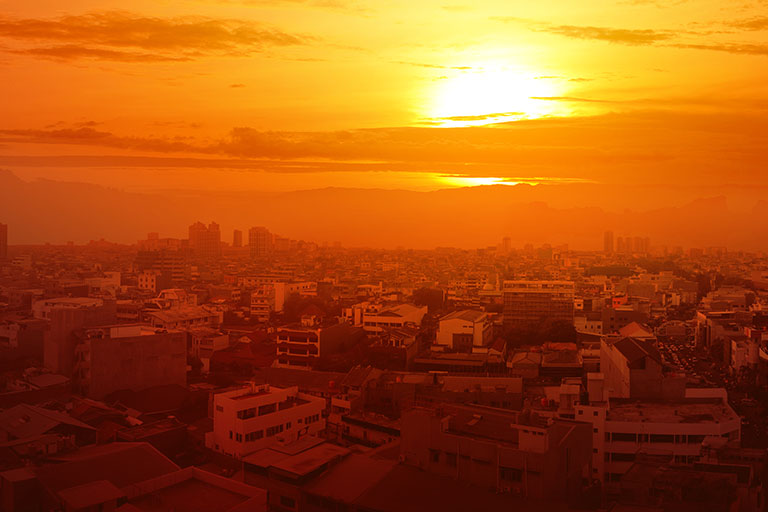
Compounded COVID-19 risk
Understanding where and how COVID-19 affects communities can help them better respond. IUPUI geographer Daniel Johnson found COVID-19 cases and deaths focused heavily in communities that already had limited ability to respond to external stresses such as extreme heat.
Learn about vulnerable communities
